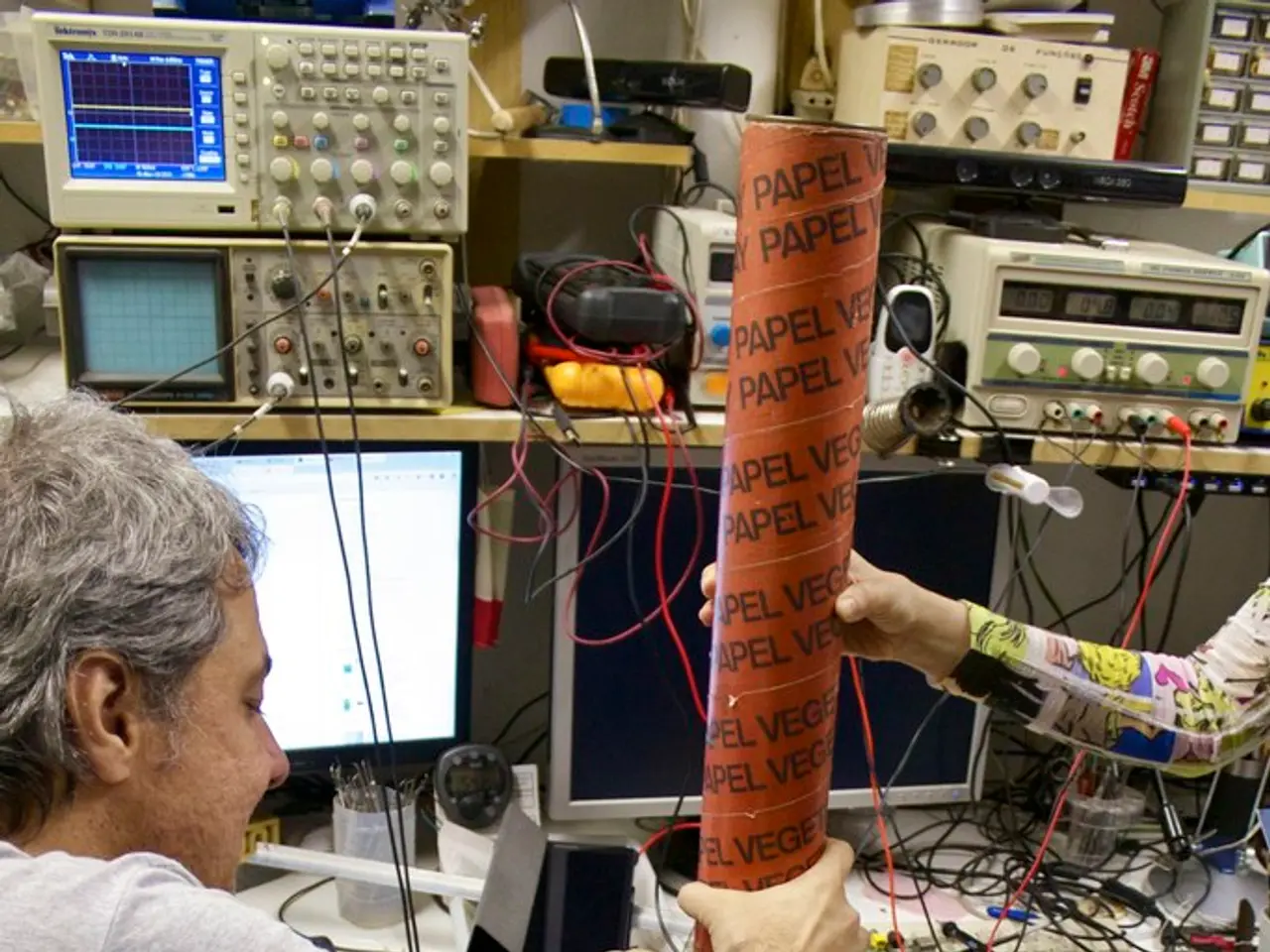Guide to Essential Skills for Media Technology Professionals in the Modern Age
Artificial Intelligence (AI) is expected to play a larger role in the future of media technology, following a path already treaded by software systems in the industry. In this evolving landscape, the media engineer has transformed into a specific type of information technology (IT) professional, evolving for more than 20 years.
The Changing Role of Media Engineers
The average media technician will need a diverse set of skills to navigate this AI-enabled future. Software development skills, such as programming in languages like Python or Java, will be essential. A foundational understanding of IT concepts, including data handling and algorithms, will also be crucial.
In addition, competencies in data analysis, AI integration, and hybrid system design will be essential for developing AI-based work environments. This includes 3D visualization of technical room concepts and signal flow planning. Communication skills and the ability to collaborate in multidisciplinary teams will also be crucial.
Essential Technical Skills
Understanding vector databases and refreshing knowledge of linear algebra will be relevant to AI technologies. The media engineer should aim to have the ability to build a small data center in their facility that can process high data rate live video.
Every media technology professional should possess at least one basic architect-level certification from a major cloud provider. Advanced IP networking skills and expertise in on-prem and cloud storage and compute systems will also be required.
The Importance of Softer Skills
The importance of softer skills such as project management, change management, understanding business requirements, and communication has been growing in technical fields for decades and will continue to be useful for one's career.
Media technologists need to determine how to upskill their existing workforce while recruiting new team members aligned with the future of AI. Learning how to write good prompts for different systems is a valuable skill for everyone, including technologists.
The Future of AI in Media
AI is currently at a stage where it outputs only a final product, similar to the "print to tape" workflows of the 1990s. However, the future may involve a "microservices" phase, where AI models become highly specialized and reliable in performing small scopes of work.
AI is expected to be embedded in tools that perform media functions like editing and visual effects. AI systems are also expected to develop more specialized capabilities, capable of passing components, data, or instructions to other AI systems.
Considering Media-Specific Technology Topics
There are various media-specific technology topics to consider for future development, such as high dynamic range (HDR), new codecs, and new methods of signal distribution. Understanding the basics of statistics, including probabilities and other concepts, will also be important in an AI-enabled future.
Python is a popular programming language for beginners due to its comprehensive elements found in many languages. However, media engineers should be versatile and adaptable, ready to learn new languages as needed.
In conclusion, the media engineer of the future will need a blend of technical and softer skills to thrive in this AI-driven landscape. Python, understanding vector databases, and advanced IP networking skills are just a few of the technical competencies required. However, the ability to manage projects, communicate effectively, and adapt to change will be equally important.
Read also:
- Antitussives: List of Examples, Functions, Adverse Reactions, and Additional Details
- Asthma Diagnosis: Exploring FeNO Tests and Related Treatments
- The Interconnected Role of Drones in the Digital Battlefield: Bridging Electronic Warfare, Cyberspace, and Beyond
- Discourse at Nufam 2025: Truck Drivers Utilize Discussion Areas, Debate and Initiate Actions








